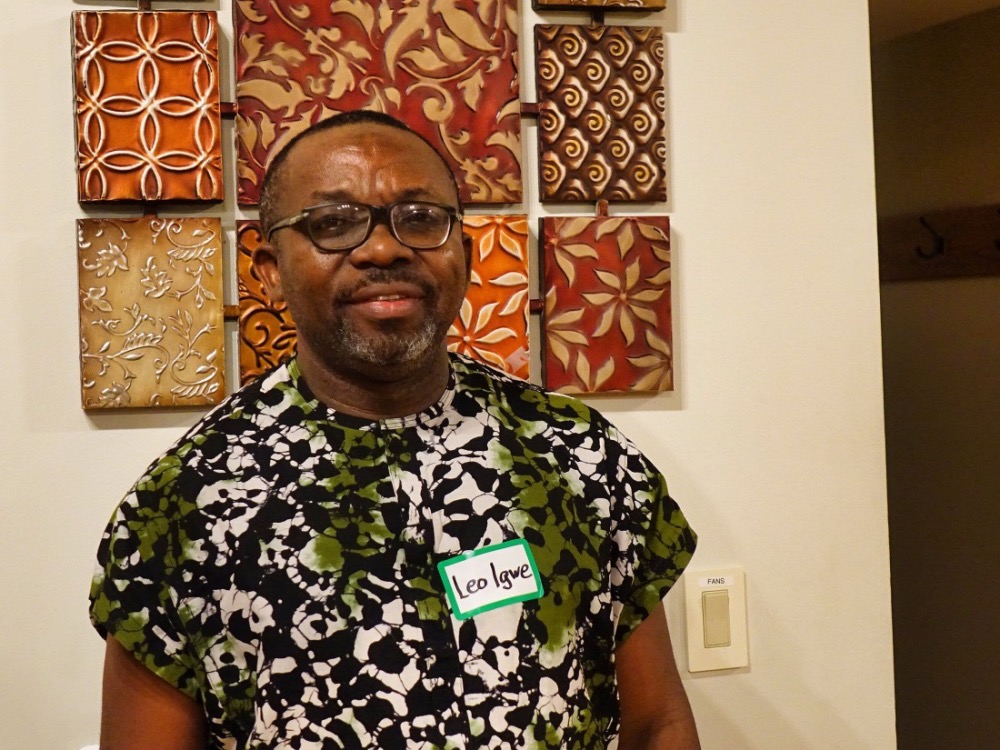DUTSE, Nigeria – The Jigawa State High Court has sentenced four family members to death by hanging for the killing of their neighbour, Salamatu Musa, whom they accused of witchcraft.
The court found them guilty of criminal conspiracy and culpable homicide in a case that highlights ongoing issues of jungle justice in Nigeria.
The convicted individuals—Hassan Isah (55), Adama Yahaya (42), Abdullahi Yahaya (35), and Maryam Daso Yahaya (28)—were found guilty of beating Musa, their 30-year-old neighbour, to death in 2019.
The incident occurred in Kwan-Dole, a village in Mallammadori Local Government Area, Jigawa State.
The family alleged that Musa had used witchcraft to kill their son.
During the trial, the court heard testimony from five witnesses and reviewed a medical report alongside a confessional statement from the defendants.
Judge Ado Yusuf ruled that the actions of the defendants violated Sections 97 and 221(b) of the Penal Code Laws, sentencing them to six years’ imprisonment for criminal conspiracy and death by hanging for culpable homicide.
The convicts have 90 days to appeal the verdict.

Advocacy Group Response
The Advocacy for Alleged Witches (AfAW) welcomed the sentencing, describing it as a significant step toward ending impunity for witch-hunting in Nigeria.
However, the organisation reiterated its opposition to the death penalty, urging instead for life imprisonment and rehabilitative justice.
In a statement, Leo Igwe, director of AfAW, commended the Jigawa State judiciary for upholding the rule of law and called on other Nigerian states to take similar action.
“Witchcraft accusations and jungle justice are against the law, and perpetrators should be brought to book,” Igwe said.
“The government should not condone abuses linked to witchcraft beliefs and ritual attacks. This sentencing signals that it would no longer be business as usual.”
Broader Implications
Witchcraft accusations and associated violence remain pervasive in Nigeria, often targeting vulnerable individuals, particularly women and children.
The AfAW has repeatedly called on authorities to prosecute such cases rigorously and provide support to victims and their families.
“This conviction sends a clear message to witch hunters and perpetrators of ritual attacks that there will no longer be a haven for them,” Igwe added.
The group also urged the Jigawa State government to identify and support the relatives of the deceased, particularly if there are children left behind, to prevent secondary accusations and ensure their well-being.
A Call for Nationwide Action
The AfAW called on states like Adamawa, Plateau, Benue, Imo, Enugu, Anambra, Ondo, and Edo, where pending cases of witch-hunting exist, to follow Jigawa’s example in delivering justice.
“Justice should not only be about sentencing perpetrators,” Igwe said, “but also providing material and psychosocial support to the families of victims.”
The Jigawa court’s verdict is a landmark decision in addressing the scourge of witch-hunting in Nigeria.
While the ruling has sparked discussions about the appropriateness of the death penalty, it underscores the need for decisive action to protect vulnerable individuals and uphold the rule of law in the face of harmful traditional beliefs.







